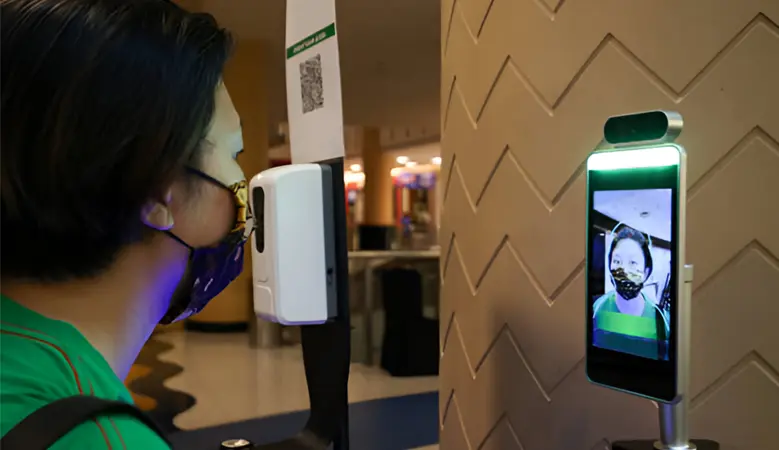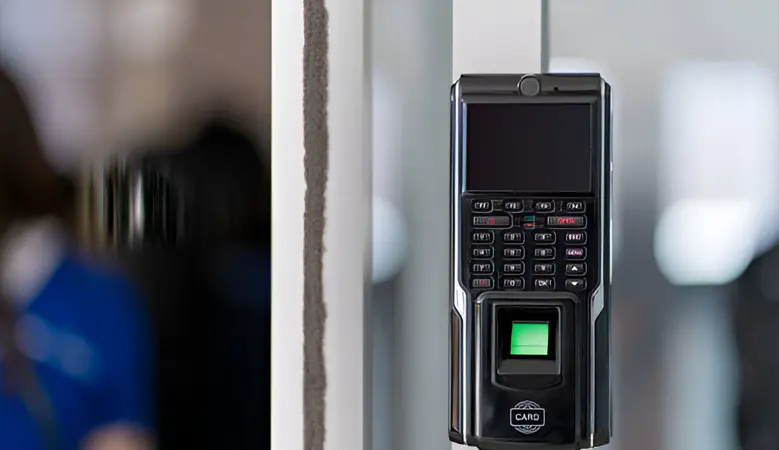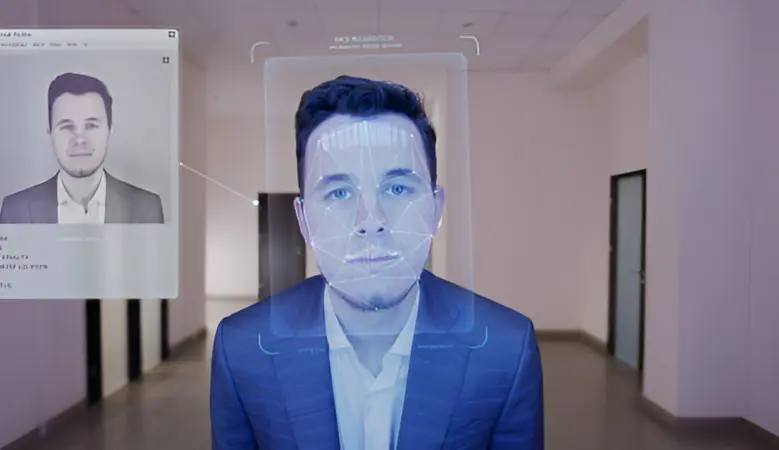Smart door locks have become essential to modern home security, offering convenience and advanced protection. A critical feature of these locks is face recognition technology. But a common concern is whether a smart door lock will recognize your face in low light conditions. This article explores the performance and reliability of smart door locks with face recognition in various lighting scenarios.
How Do Smart Door Locks Perform in Dimly Lit Conditions?
Smart door locks use sophisticated algorithms and sensors to identify faces. In dimly lit conditions, their performance can vary. Generally, high-end models are equipped with advanced cameras that can adapt to lower light levels. However, the effectiveness can depend on the quality of the lock and the technology it uses.
For instance, some smart door locks struggle in low light because the camera sensors can’t capture enough detail. However, brands like the Yale Entry Smart Door Lock have made significant advancements, ensuring better performance even when the lighting is less than ideal.
What Technologies Enable Face Recognition in Low Light?
To enable face recognition in low light, manufacturers incorporate several technologies. Infrared (IR) sensors and low-light cameras are among the most common. IR sensors emit light invisible to the human eye but can be detected by the camera, allowing it to recognize faces even in darkness.

Some smart door locks also use machine learning algorithms to enhance recognition. These algorithms can identify key facial features even when partially obscured by shadows or low light, improving the reliability of smart door lock face recognition systems.
Can Infrared Sensors Improve Smart Lock Face Recognition?
Infrared sensors play a crucial role in improving face recognition in smart locks. They provide a consistent light source not affected by ambient lighting conditions, ensuring the camera captures clear images of the face regardless of the environment.
With infrared technology, smart door locks like the Yale Entry Smart Door Lock can operate efficiently in low light and even in complete darkness. This technology significantly boosts the accuracy and reliability of face recognition, making it a vital component in modern smart door lock systems.
Are Smart Locks Effective in Detecting Faces at Night?
The effectiveness of smart locks in detecting faces at night largely depends on their built-in technologies. Premium models often come equipped with night vision capabilities and infrared sensors, which enhance their performance in the dark.
For instance, smart door locks with advanced night vision can accurately detect and recognize faces even when external lighting is minimal. This makes them a reliable option for homeowners who need 24/7 security solutions.
Do Smart Door Locks Work in Total Darkness?
The performance of smart door locks can be tested in total darkness. However, many smart locks can still function effectively thanks to infrared technology. Infrared sensors illuminate the user’s face with IR light, which is then captured by the camera, allowing the lock to recognize the face.
Brands like the Yale Entry Smart Door Lock have integrated this technology to ensure their locks perform well even without visible light. This feature is particularly useful in environments where lighting cannot always be guaranteed.
How Reliable Are Smart Locks for Nighttime Use?

The reliability of smart locks for nighttime use has improved significantly with advancements in technology. Modern smart door locks are designed to work efficiently regardless of the time of day, offering consistent performance even in low light conditions.
For example, smart door lock wifi features ensure the lock can be controlled remotely, allowing users to monitor and manage their locks from anywhere. This adds an extra layer of convenience and security, especially during nighttime when visibility is low.
What Happens If the Smart Lock Can’t Recognize Your Face?
Most systems have alternative authentication methods if a smart lock fails to recognize your face. These can include PIN codes, smartphone apps, or physical keys. This redundancy ensures you can still access your home even if the primary face recognition feature is not working.
For instance, the Yale Entry Smart Door Lock offers multiple ways to unlock the door, providing users with peace of mind. Choosing a lock that offers such flexibility is essential to avoid being locked out in case of a recognition failure.
Are There Alternative Authentication Methods for Poor Lighting?
Many smart door locks have alternative authentication methods to counteract poor lighting conditions. These can include fingerprint scanning, PIN entry, and mobile app controls. Such features ensure the lock remains functional even when face recognition is compromised due to low light.
For example, the smart door lock’s Wi-Fi functionality allows users to control the lock via smartphones, bypassing the need for face recognition entirely. This versatility is crucial for maintaining security and accessibility in all lighting conditions.
How Do Different Smart Lock Brands Compare in Low Light?
Different smart lock brands offer varying levels of performance in low light. High-end brands like Yale Entr Smart Door Lock are often more reliable due to their advanced sensors and algorithms. These locks are designed to handle various lighting conditions, providing consistent performance.
Comparatively, budget-friendly options might lack the sophisticated technology to perform well in low light. Therefore, it’s important to consider the specific needs and budget before selecting a smart door lock for your home.
Can Environmental Factors Affect Smart Lock Face Recognition?
Environmental factors such as rain, fog, and shadows can impact face recognition performance in smart locks. For example, moisture on the camera lens can obscure the image, making it harder for the lock to recognize a face.
However, advanced smart door locks are designed to mitigate these issues. Features like weather-resistant casings and enhanced image processing algorithms help maintain performance despite challenging environmental conditions. When choosing a smart door lock, it’s important to consider how well it can handle such factors to ensure reliable security.
Conclusion
Smart door locks with face recognition offer a cutting-edge solution for home security, but their performance in low light conditions can vary. Advanced technologies like infrared sensors and low-light cameras enhance their reliability, ensuring your home remains secure day and night. Brands like the Yale Entry Smart Door Lock and smart door lock wifi options provide robust performance even in challenging conditions.
For those in Dubai, Locksmith Dubai offers a range of smart locks to suit different needs. For more information, contact KME Locksmith Dubai at +971-52-9533381. Whether you’re concerned about low-light performance or overall security, solutions are available to meet your needs and ensure peace of mind.
